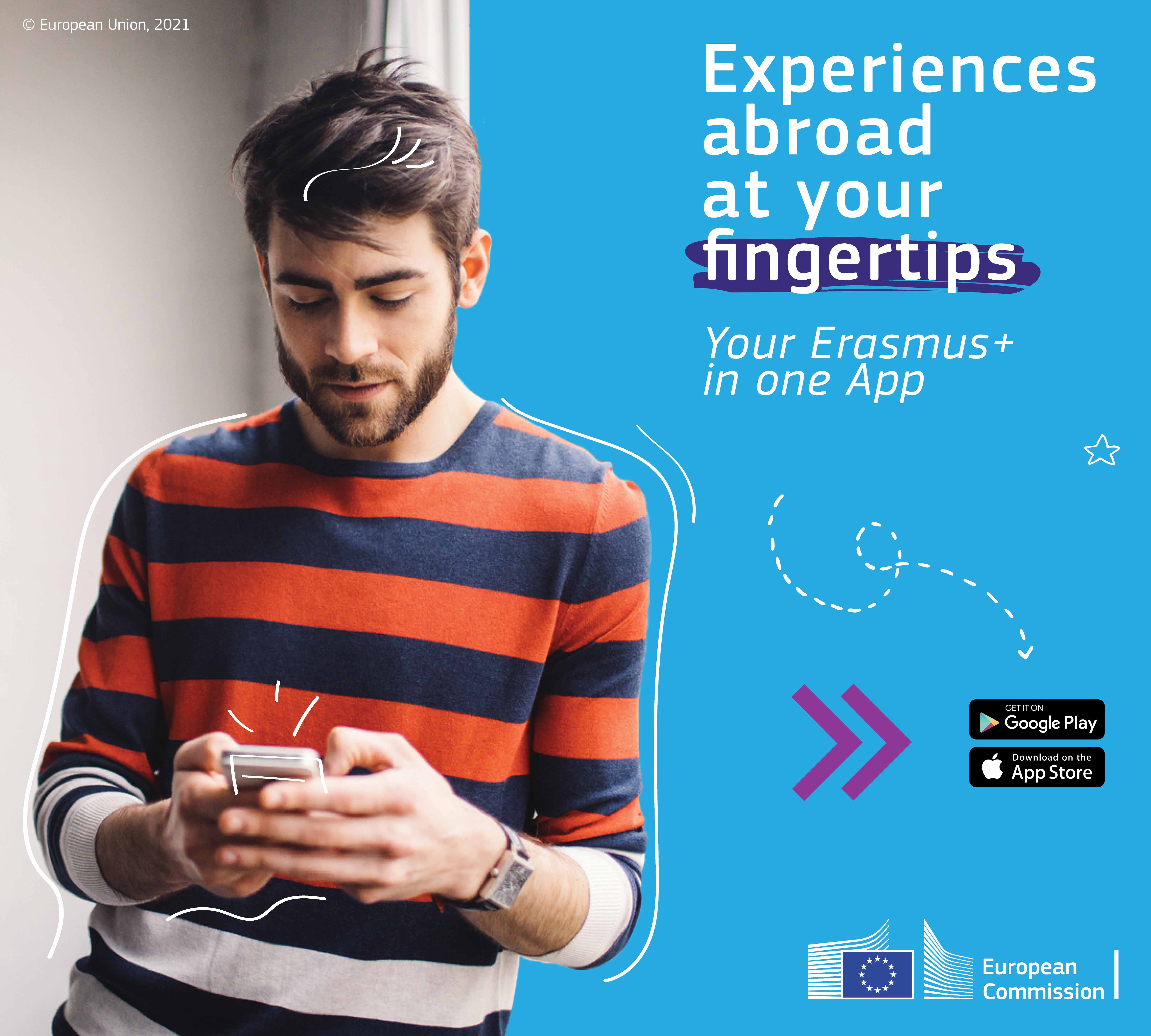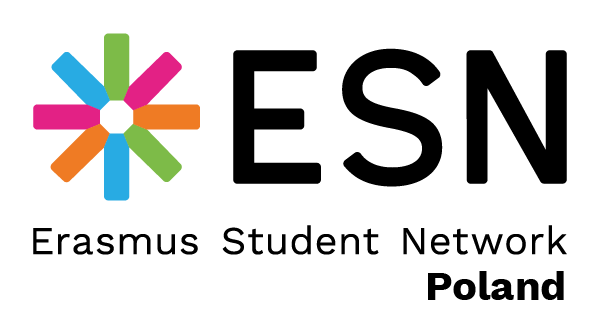Digital Transformation (along with Inclusion and Diversity and Environment and fight against climate change) has been a priority in the new perspective of the Erasmus+ Programme. Simplifying administrative procedures, creating a single access point to all mobility data and ensuring a smooth transition between higher education institutions, will change the face of mobility in Europe in the upcoming years.
To keep up with the times, the European Commission has proposed several initiatives that, from the perspective of the young generation, will have a very strong impact on eliminating the huge obstacle of administrative procedures. Due to the simplified form, the program will become more inclusive for people with fewer perspectives, and by digitising and transferring materials to digital form - much more environmentally friendly. As a consequence, participation in the program will influence the development of young people as active citizens, involved in the democratic life of their countries, and raise their awareness of European initiatives.
The European Student Card initiative is the first step aimed at bringing the new Erasmus+ program into the digital future. The idea of the initiative is to create a toolkit with which students and higher education institutions staff can manage all the stages of mobility: before, during, and after. In short, preparations for mobility will be based less on administrative formalities, and more on the practical aspects of it.

According to the process milestones, online management of Learning Agreements will be possible already in 2021, and in 2022 also management of interinstitutional agreements. Subsequently, in 2023, exchange of information on the submitted applications, accepted candidates and Transcript of Records will be available. At the end, by 2025, all higher education institutions taking part in the mobility process will have become beneficiaries of the Erasmus Without Paper Network, and all students in Europe will be able to benefit from the European Student Card.
Major benefits for a student are smooth mobility information exchange, effortless transfers between universities, easy access to materials needed before the beginning of the exchange, and immediate access to host university services, such as a library, transportation, and accommodation. From the viewpoint of a university, the process of mobility management will be modernised (student selection, mobility settlement, ECTS credits recognition). Student data exchange will be efficient and meet the latest safety requirements.
Speaking more about the tool itself, Erasmus+ App is an integral part of the new Erasmus+ Programme. This is one of the key initiatives to bring Erasmus into the digital age. It is a place where mobility participants will find all the information they need, gain access to tools to facilitate their stay on an exchange, and will also find a catalogue of discounts addressed to Erasmus+ Programme beneficiaries.

The above-mentioned https://learning-agreement.eu/ platform will enable exchange participants to easily complete online their Learning Agreement and efficiently exchange information between the sending and hosting university. In the new Erasmus+ programme, OLA will become the actual standard, and it will reduce the number of formalities and documents necessary for mobility.
The European Student Card initiative, as well as all efforts to support it, represents a step toward the creation of a digital European society and a truly European education area, in which staying abroad to study will become a normality, and educational excellence will be a real experience accessible to everyone.
All of those who are interested in the new European initiatives of the Erasmus+ programme are very welcome to follow ESN Poland's social media. Posts focused on the Erasmus+ programme will be published there. More information to be found in the previous article New initiatives of the Erasmus+ programme.
Written by Education & Youth Team of ESN Poland
